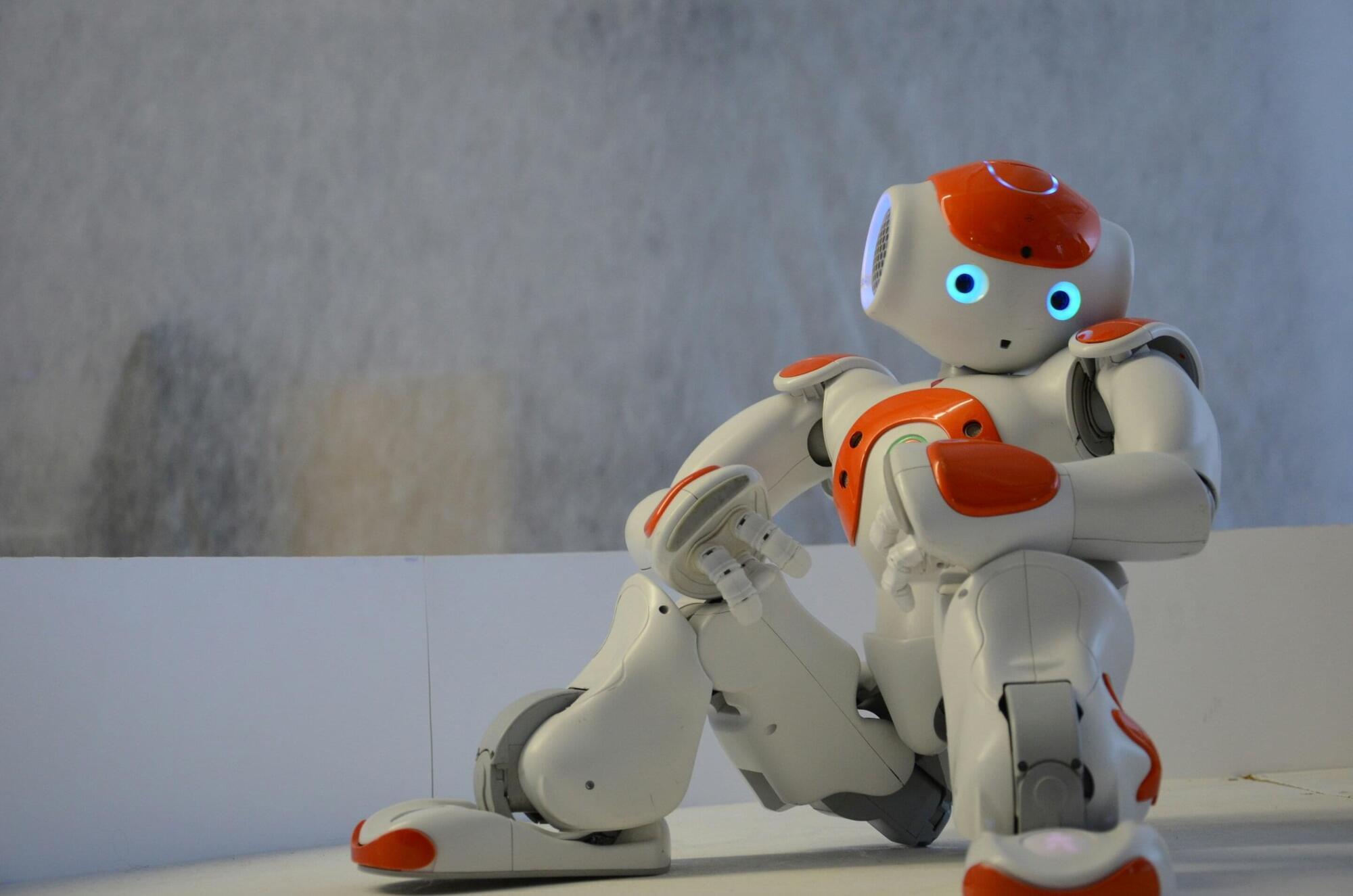More hints that the Singularity really has begun: and more importantly: https://arstechnica.com/space/2025/12/after-years-of-resisti…ublic-why/
The second article is how Elon is going to have SpaceX go public at $1.5 trillion so he has more money to put into AI. Of course, Elon is not the only one putting money into AI and $1 trillion will be spent on AI data centers next year.
Due to rising prices from the “AI” bubble, Samsung Semiconductor reportedly refused a RAM order for new Galaxy phones from Samsung Electronics.







